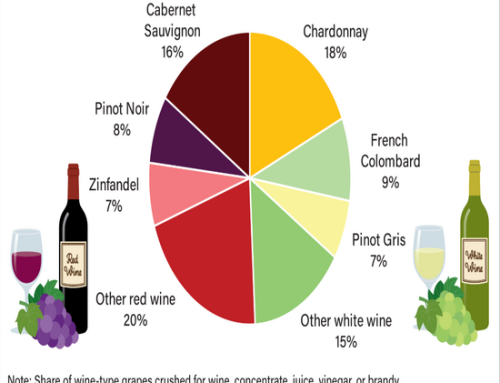Source: National Crop Insurance Services news release
President Dwight D. Eisenhower once famously said, “farming looks mighty easy when your plow is a pencil, and you’re a thousand miles from the corn field.”
That’s why farmers, crop insurers, and other agriculture stakeholders from across the country recently brought the corn fields to Congress. Farm leaders representing a diverse range of crops traveled to Washington, DC, and stressed to the House and Senate Agriculture Committees the critical importance of a strong crop insurance program in the next Farm Bill.
Crop insurance is the cornerstone of the farm safety net, protecting more than 490 million acres of farmland and $170 billion of agriculture production. Farmers testified that, due to the immense risks that come with agriculture, their family farms depend on the protection offered by crop insurance.
Crop insurance is built on a unique public-private partnership between the U.S. Department of Agriculture (USDA) and the private sector. Farmers must share in the risk by purchasing crop insurance, spending more than $6.8 billion to purchase crop insurance in 2022. Farmers continue to invest in crop insurance, and Americans support the program, because it works.
“Federal crop insurance has a proven track record for helping producers quickly respond to natural disaster. Corn growers consistently rank crop insurance as the most important program and title of the Farm Bill,” Tom Haag, president of the Corn Board of the National Corn Growers Association, told the House Agriculture Committee.
At the House hearing, farmers also spoke to their personal experiences with crop insurance. Aaron Flansburg, Chairman of the USA Dry Pea and Lentil Council, noted that crop insurance helps farmers secure credit, and it contributes to the financial stability of his own farm. Andrew Moore, President of the U.S. Canola Association, recently relied on crop insurance when a cold snap killed his canola crop.
The stories continued on the Senate side: Last year, Kody Carson, Past Chairman of the National Sorghum Producers, planted hundreds of acres of sorghum. He harvested just one field. “Crop insurance is vital for sorghum producers and the tool has been critical in helping us manage the ongoing drought conditions,” Carson said.
Testimony and congressional questioning across both committees touched on several of crop insurance’s key strengths:
It’s available to farmers in all 50 states and for more than 130 crops
It delivers aid quickly, allowing farmers to plant again the next season
It’s adaptable, with new products continually under development
It helps farmers, especially new and beginning farmers, secure credit
It contributes to the health and stability of rural communities
From America’s corn fields to Capitol Hill, farmers are speaking out loud and clear: Crop insurance keeps America growing. The next Farm Bill must preserve and strengthen this vital risk management tool.




